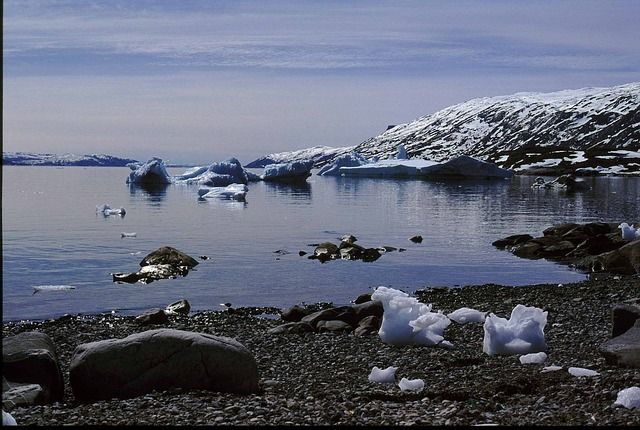The numbers of young Greenlanders taking their own lives has soared in recent years, and the age of those taking their own lives is falling. Children as young as 10 to 14 are killing themselves, according to a recent study.
Greenland has suffered from one of the world’s highest suicide rates for decades. In recent years, more and more of those deaths have been occurring among the under-20s age bracket.
“There is a great proportion of young people in the suicide statistics,” sociologist Christina Viskum Lytken Larsen from Statens Institut for Folkesundhed, the national institute for public health, told DR Nyheder.
Sad realities
A review of the Greenlandic death registry between 1970 and 2011 reveals some sad facts-
In the generation born between 1980 and 1989, 17 children aged 10-14 committed suicide.
By comparison, there was only one case of suicide in the same age group in the generation born between 1950 and 1959.
The trend is even worse among older teenagers in Greenland.
READ MORE: Record number of polar bears shot in Greenland in self-defence
Although the study looks at hard numbers, it offers no explanation as to why the suicide numbers are growing.
A changing society
Larsen thinks the answer may lie in the rapid changes in Greenlandic society.
“The changes happened very rapidly,” she said. “Many have been forced to give up being hunters and fishermen to forge a new life in modern society, which has created massive problems, including alcohol abuse and sexual assault.”
Larsen said “there is no doubt” that growing up in an abusive environment has contributed to the suicide rate.















